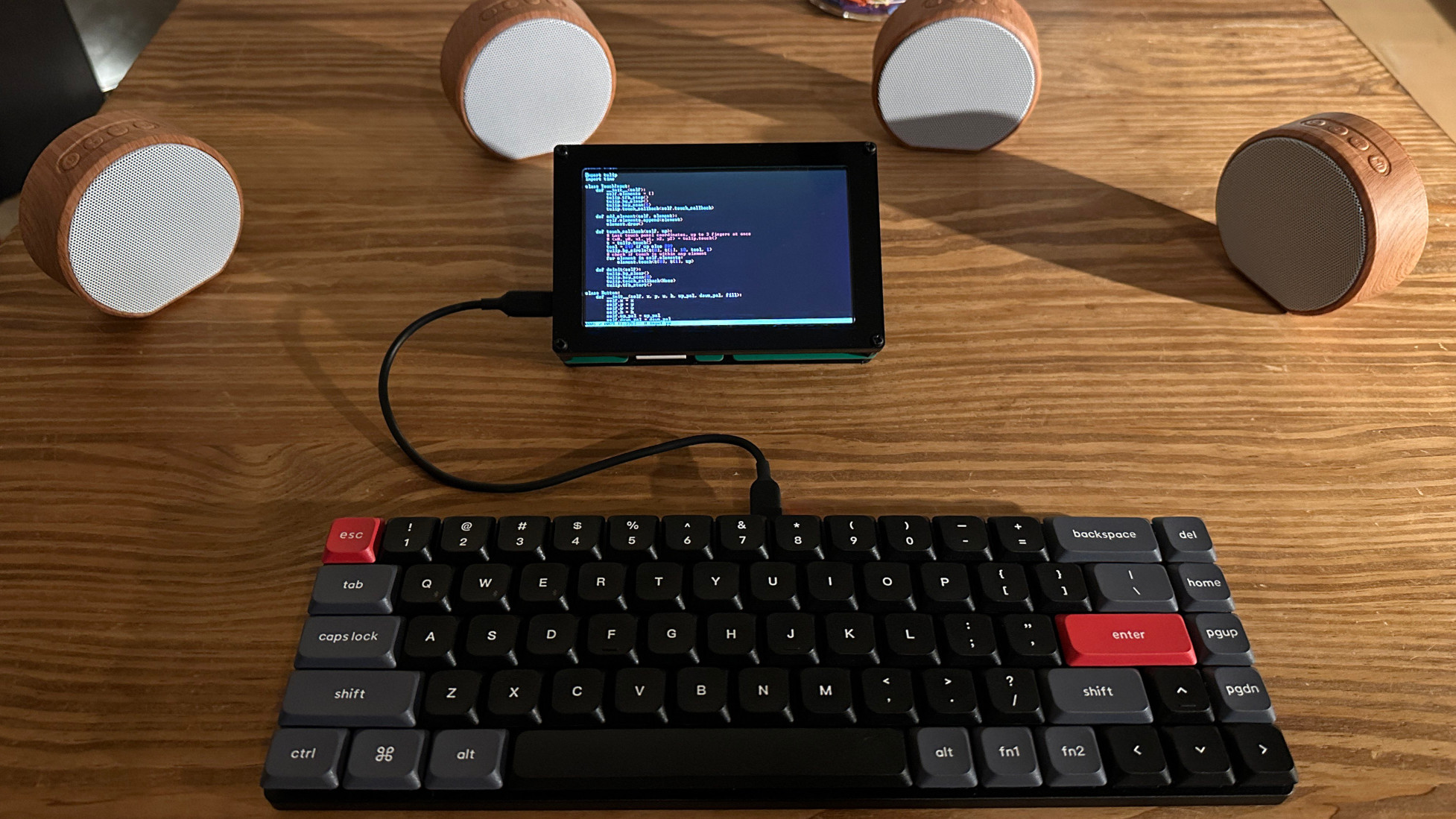
For just $59, musicians now have a new option for a purpose-built musical computer with a touchscreen and music synthesizer— meet the Tulip Creative Computer, a FOSS (Free and Open Source) project available as a pre-made purchase in free software form for existing PCs and Macs, or even fully buildable at home to those with the resources and know-how to get it done.
A simple dual-core powers the Tulip PC, 250 MHz ESP32-S3 with 8.5 MB of RAM and 32 MB of storage connected to a 7-inch, 30 Hz IPS touchscreen running at a 1024 x 600 resolution. These specs are pretty light by modern standards, but they seem sensible for a device tailored purely to making or playing music with attached keyboards, MIDI devices, and speakers.
Per the official page, the primary purpose of the Tulip computer is to make and play music. Still, its support for Python programming also makes it capable of displaying a variety of sprites, PNGs, backgrounds, etc— which means even lightweight games should be makeable or playable on the device. There's no real multimedia or web browsing functionality here besides. However, Tulip also has access to an exclusive BBS Tulip WORLD system for sharing music files and chatting with other users.
The synthesizer at the heart of Tulip is the AMY (Addictive Music synthesizer librarY), another FOSS project made to be integrated across "almost any program, architecture, or microcontroller" and usable as an FM synthesizer, analog-type synthesizer, drum machine, or even a breakpoint synthesizer. AMY is also used by the FOSS mesh synthesizer project Alles (think FOSS wireless speaker mesh solution), which Tulip Creative Computers also supports.
For musicians comfortable with Python or FOSS hardware and software solutions, the Tulip project seems like a nifty piece of purpose-built hardware (or software if you prefer not to buy or build anything), ideal for essential music production or simple coding projects.
When it comes to specialized hardware like this (or retro PC hardware in general), "necessity is the mother of invention" and "limitations foster creativity." It would be interesting to see some rudimentary arcade or DOS game ports on this machine— a dual-core 250 MHz microcontroller may not sound like a lot today, but in the 80s, even 16 MHz was considered cutting-edge.







